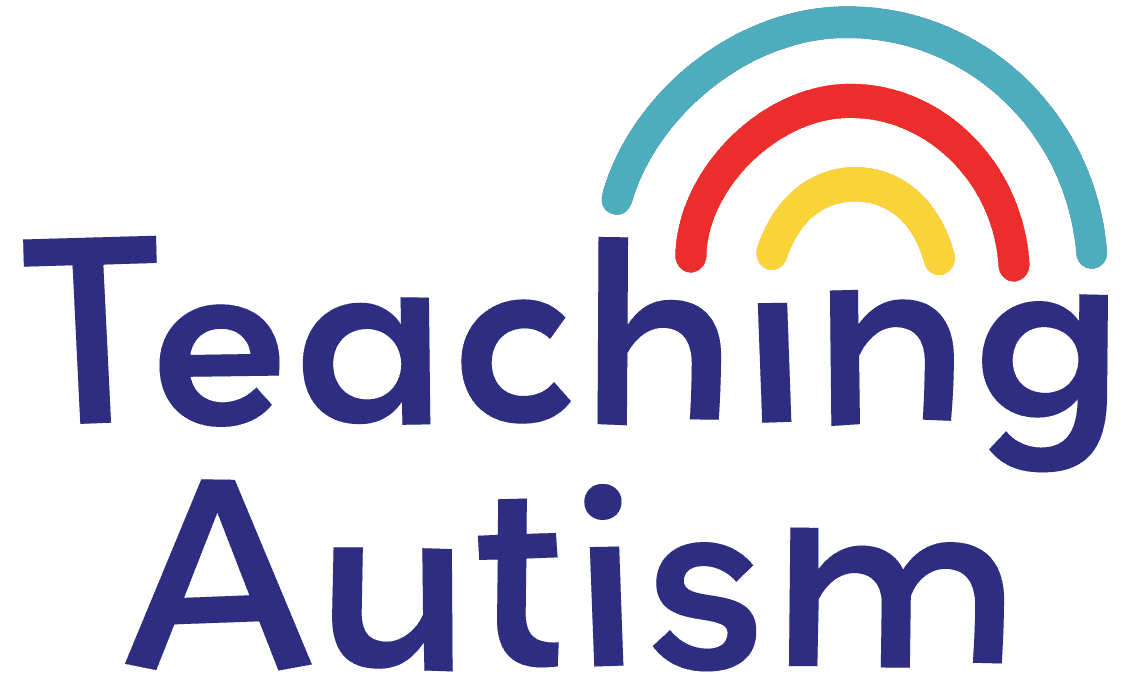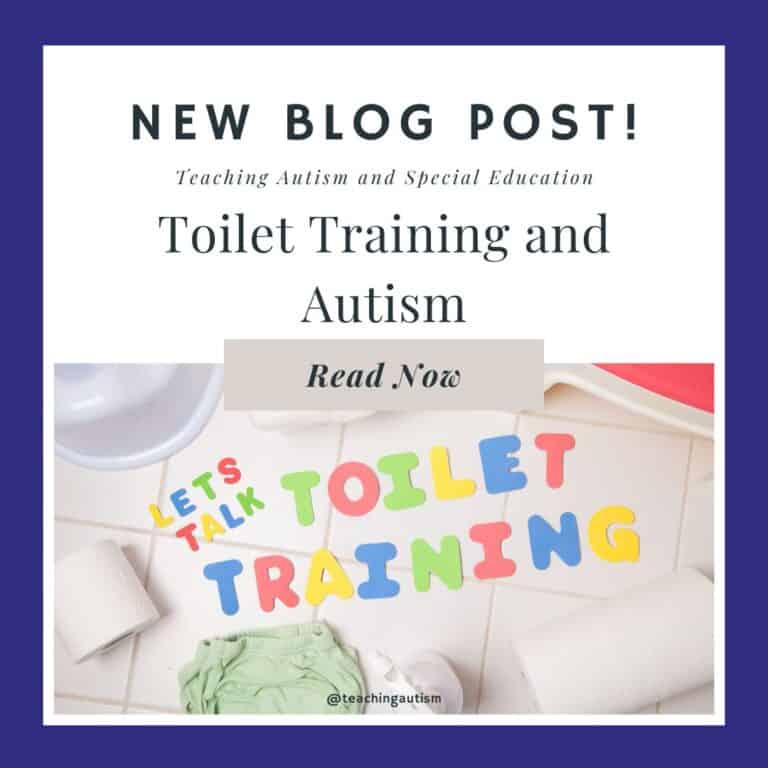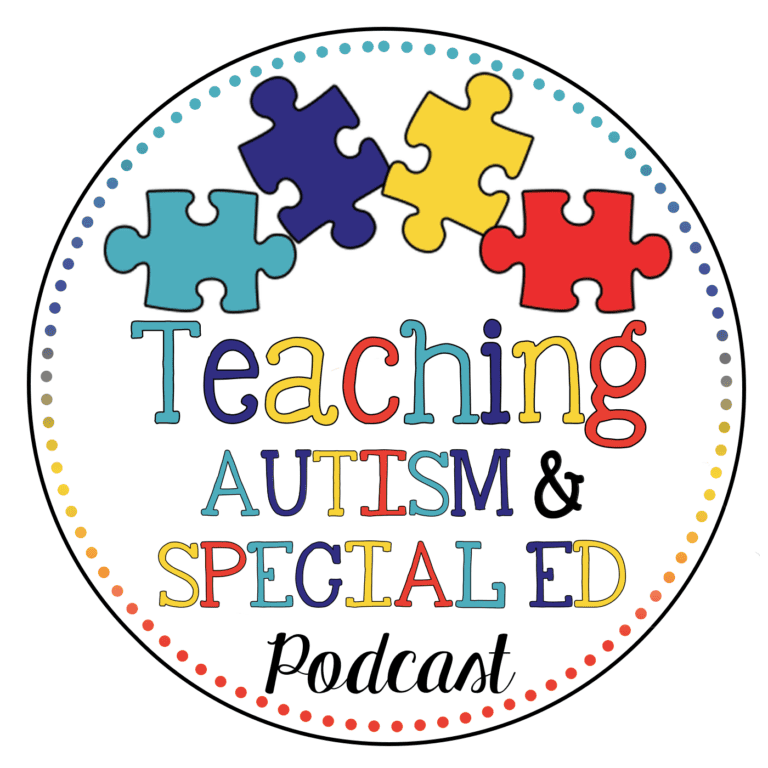Early Intervention Benefits for Autism
We all hear about how important early intervention is. But, do you know what it is? Today I’m going to be talking all about early intervention as well as the early intervention benefits for our autistic children.
What is Early Intervention?
Early intervention is not as scary as it sounds. All it means is that your child is having access to therapies and services as early as possible.
What are Therapies?
A therapy can also be called an intervention. And this is a session or program that is offered which will aim to help and support your child’s development.
What are Services?
Services are the places, companies and organisations that offer the therapies for your child. Some services offer just one type of therapy, for example play therapy. Whereas other services may be able to offer a range of different therapies for you to access in one place, and from one organisation.
When Can I Start Early Intervention?
I’d recommend starting as young as possible – as soon as you think they’re able to. You actually don’t even need to wait for a diagnosis in order to start early intervention. And you can find many local companies and organisations who offer early intervention therapies without a diagnosis needed.
Early intervention usually occurs at or before the age of preschool, which is typically 2 to 3 years of age.
Why Should I Do Early Intervention?
Early intervention has shown to help with the early brain development for young children. It’s no secret that our autistic individuals brains develop differently – and that’s ok! But, by providing the opportunity for early intervention, you’re giving them that extra support to help them progress.
Research also shows that at 2 to 3 years of age, the brain is still forming. And this is when early intervention and therapies can be most effective for longer term results.
A lot of the issues with tantrums and behaviours when our children are young are down to communication. If your child is having difficulty communicating, or telling you what they want, this can be frustrating for them. And this can often lead to difficult and challenging behaviours.
Finding a local service that offers a therapy to help your child with their communication skills can help to work on this. And hopefully – this will help to reduce any behaviours that you’re seeing from frustration of trying to communicate.
The Bercow Review of services for Children and Young People with Speech, Language and Communication Needs (2008) has shared the importance of early identification and intervention, stating, “Research has not told us everything we need to know about communication problems but, equally, it has not told us nothing. In addressing delays and disorders, the most important principle is the value of early intervention and the danger of its absence ….the danger is that the problems will have become entrenched, that the interventions required will be greater and that the cost entailed will be higher.”
Where Can I Find Access to Early Intervention Services?
- Check around you locally.
- Reach out to local autism charities and support groups.
- Speak to your doctor.
- Use Google to find local autism therapists and services that offer early intervention.
What is your experience of accessing early intervention services? Do you have experience or knowledge to share with our readers? If so, leave a comment down below, we’d love to hear from you!
If you’re looking for early intervention resources, check out our range here.
Have you listened to our Teaching Autism and Special Education Community podcast yet? If not, tune in here.
If you found this blog post about the benefits of autism and early intervention helpful, please consider sharing it with your friends on social media.
Thanks,
Nikki








